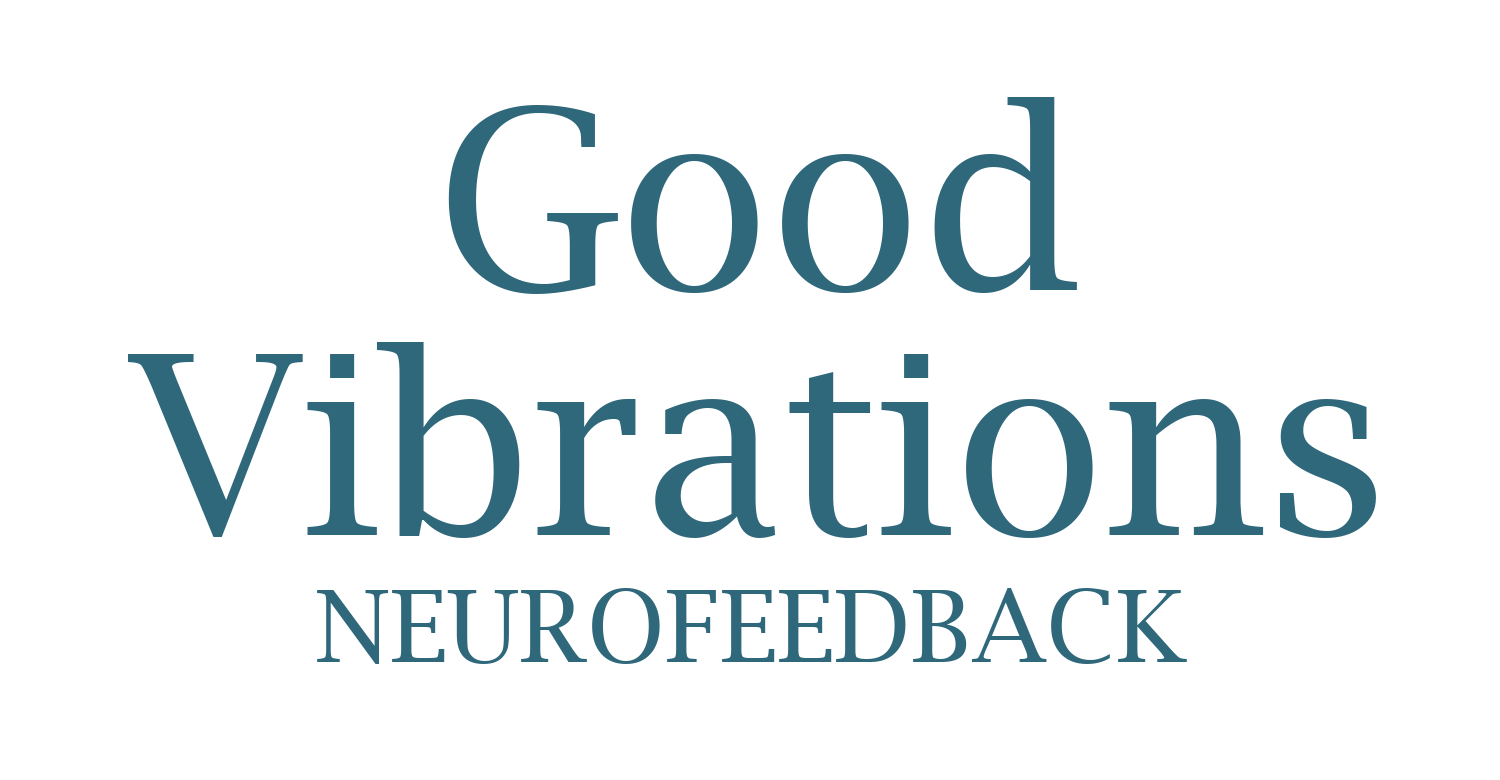Family
NeurOptimal® Family Research
Many cognitive issues can affect whole families, rather than just one member. Some researchers believe this is because the evolutionary mechanisms of the family redistributed anxiety as well as positive emotions. But in many families, familial relationships can be tested in ways they aren’t used to rather than working positively to solve the problem.
When one member of the family is suffering from a form of anxiety, that individual has lost some of their problem-solving abilities. Other members fill in, telling them what to do, and the automatic mechanisms to manage this anxiety kick in. Neurofeedback may help families interact more calmly with each other and reflect on experiences.


Neurofeedback and Families
Some studies have explored how NeurOptimal® neurofeedback may support shifts in family dynamics, particularly in households affected by anxiety.
– In a case study titled “Working With Extrinsic Constraints: Clinical Case Study From the Perspective of Bowen Family Systems Theory and NeurOptimal,” researcher Lois Walker, B.N., M.Div., described changes observed in a family navigating the effects of anxiety, noting the role of neurofeedback in promoting greater emotional balance within the system.
– Another report by Andrea Maloney Schara, “Observations of Change in a Family System Using NeurOptimal®,” documented improved functioning across family members. The author noted that breaking long-standing neurological patterns appeared to support calmer interactions and deeper insight into relational dynamics.
These exploratory studies suggest that neurofeedback may play a role in fostering self-regulation and emotional awareness within family systems.
